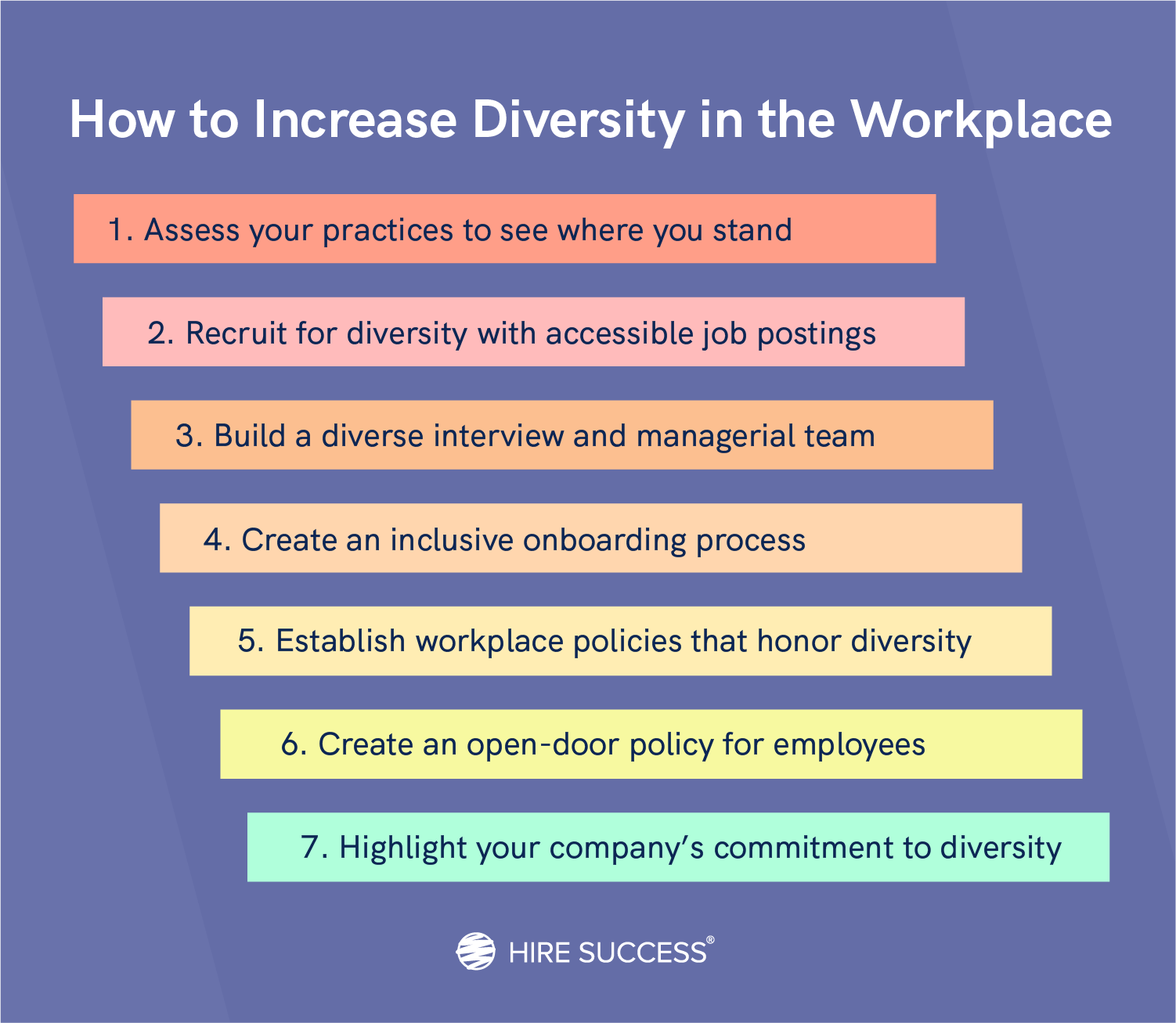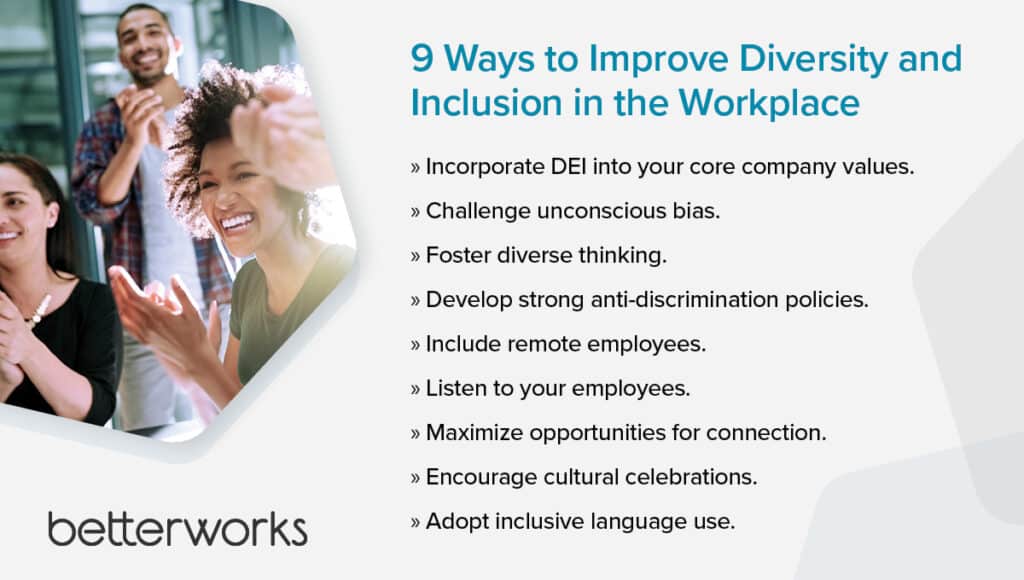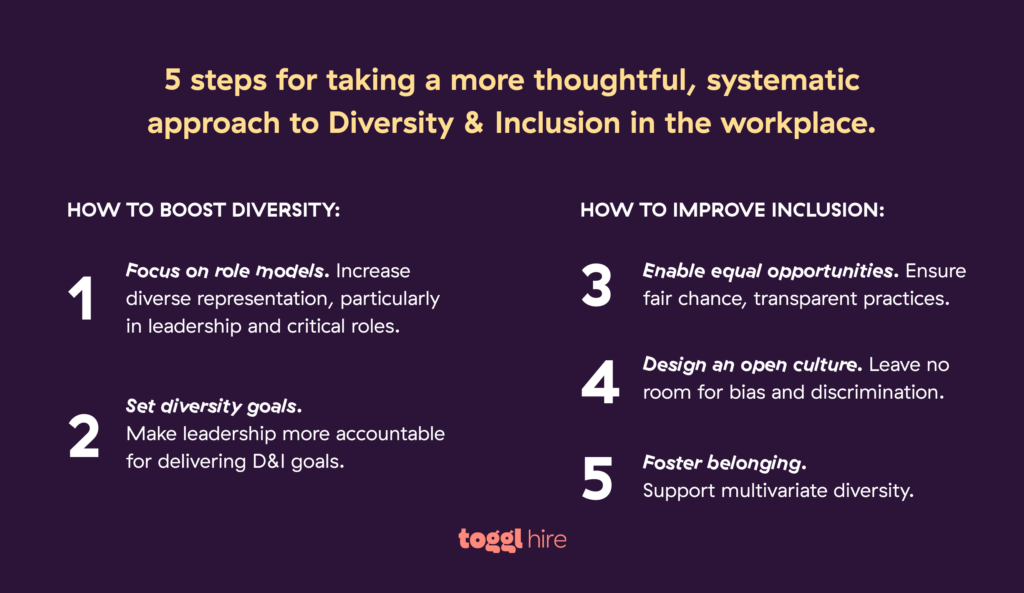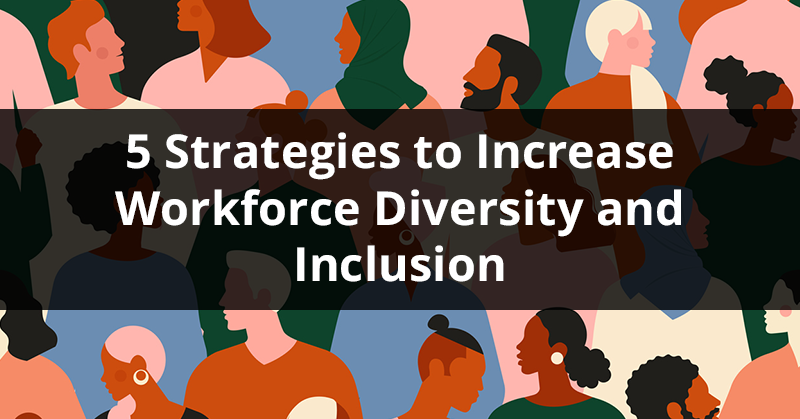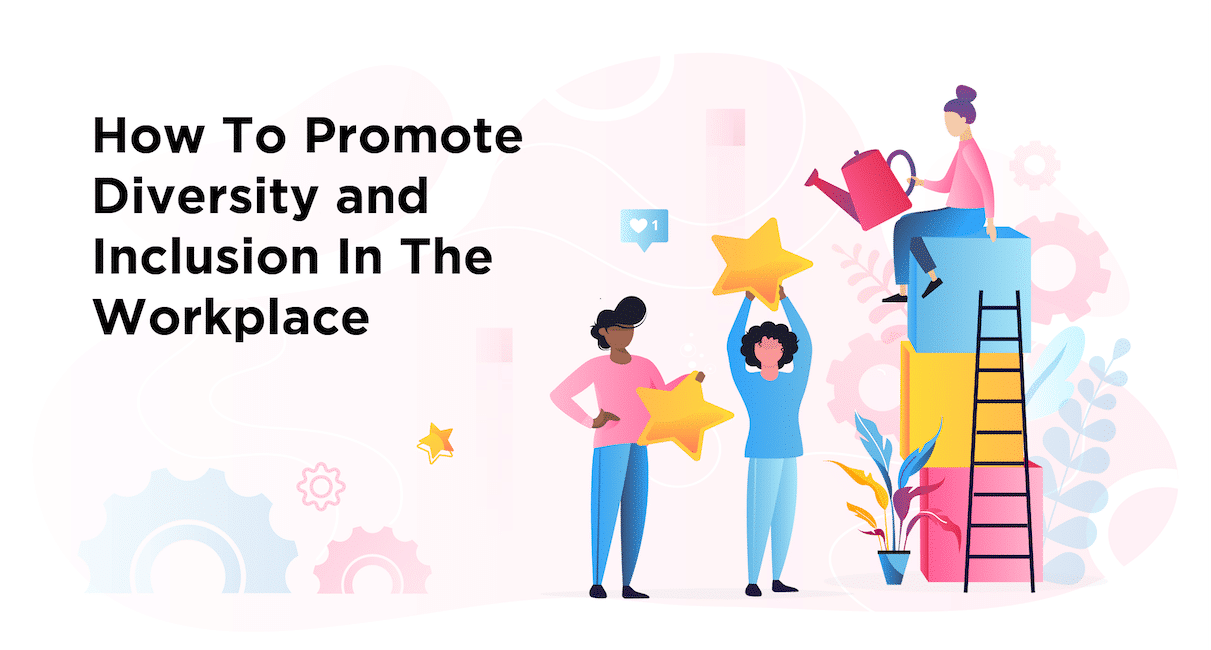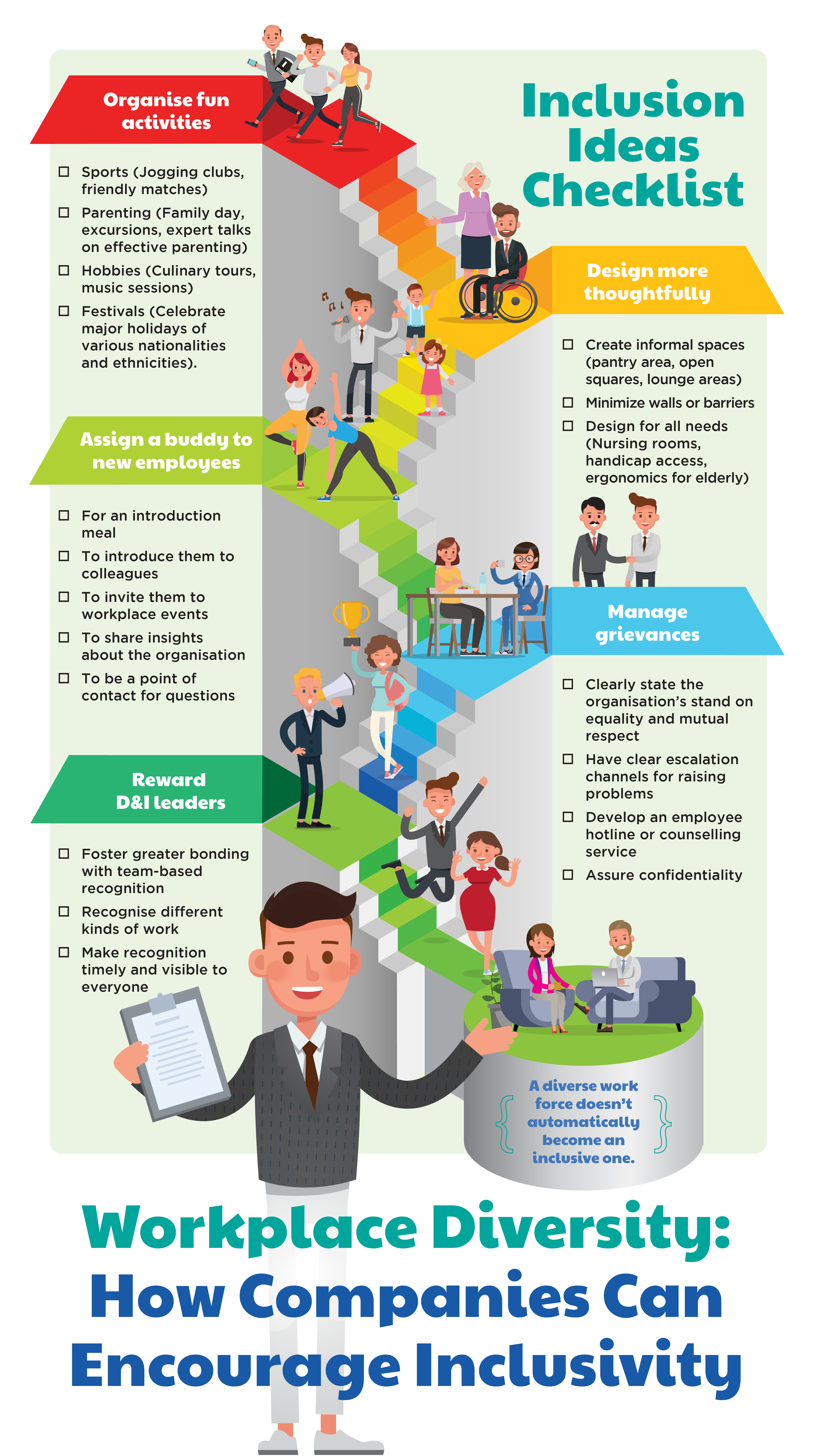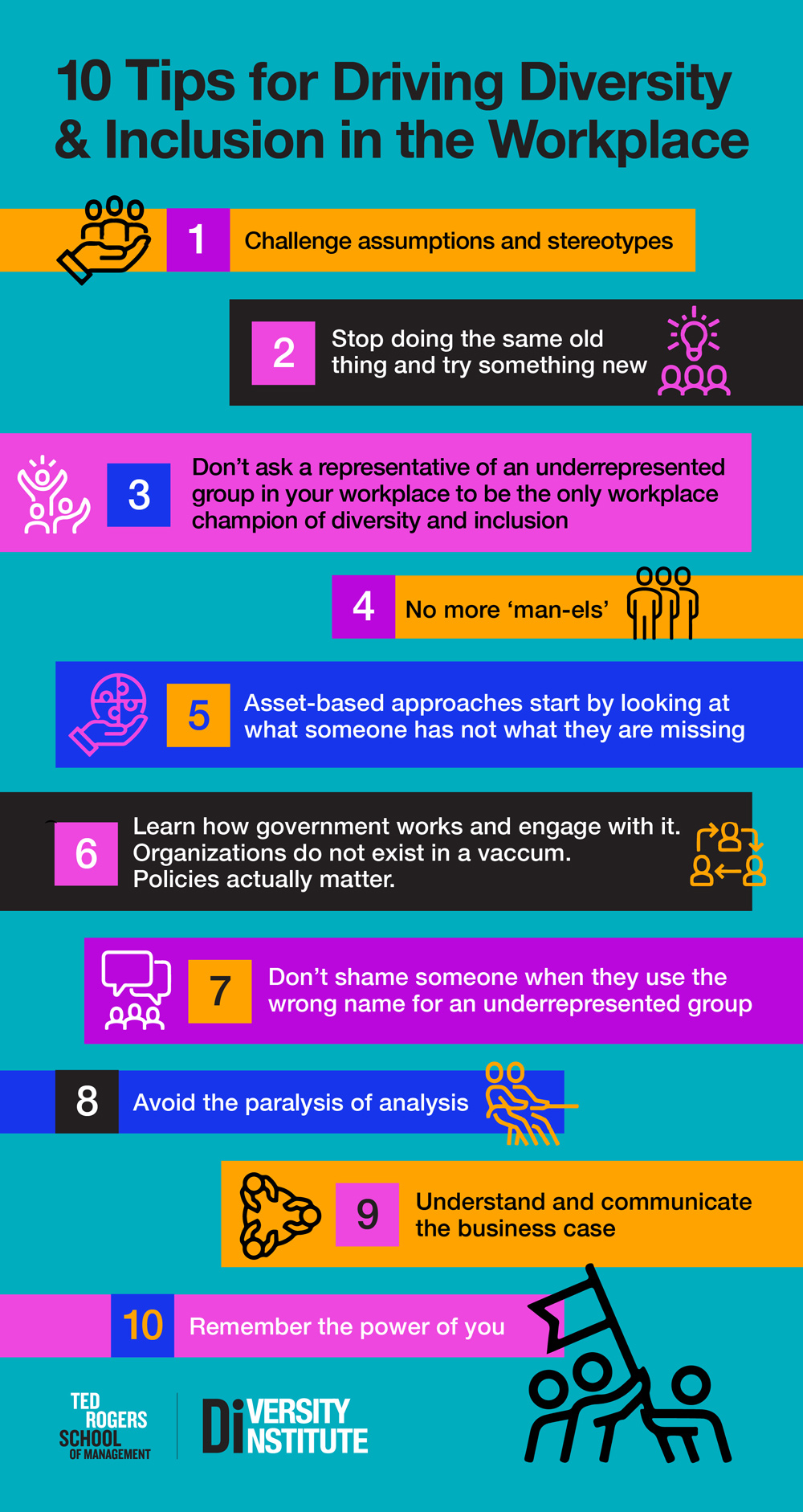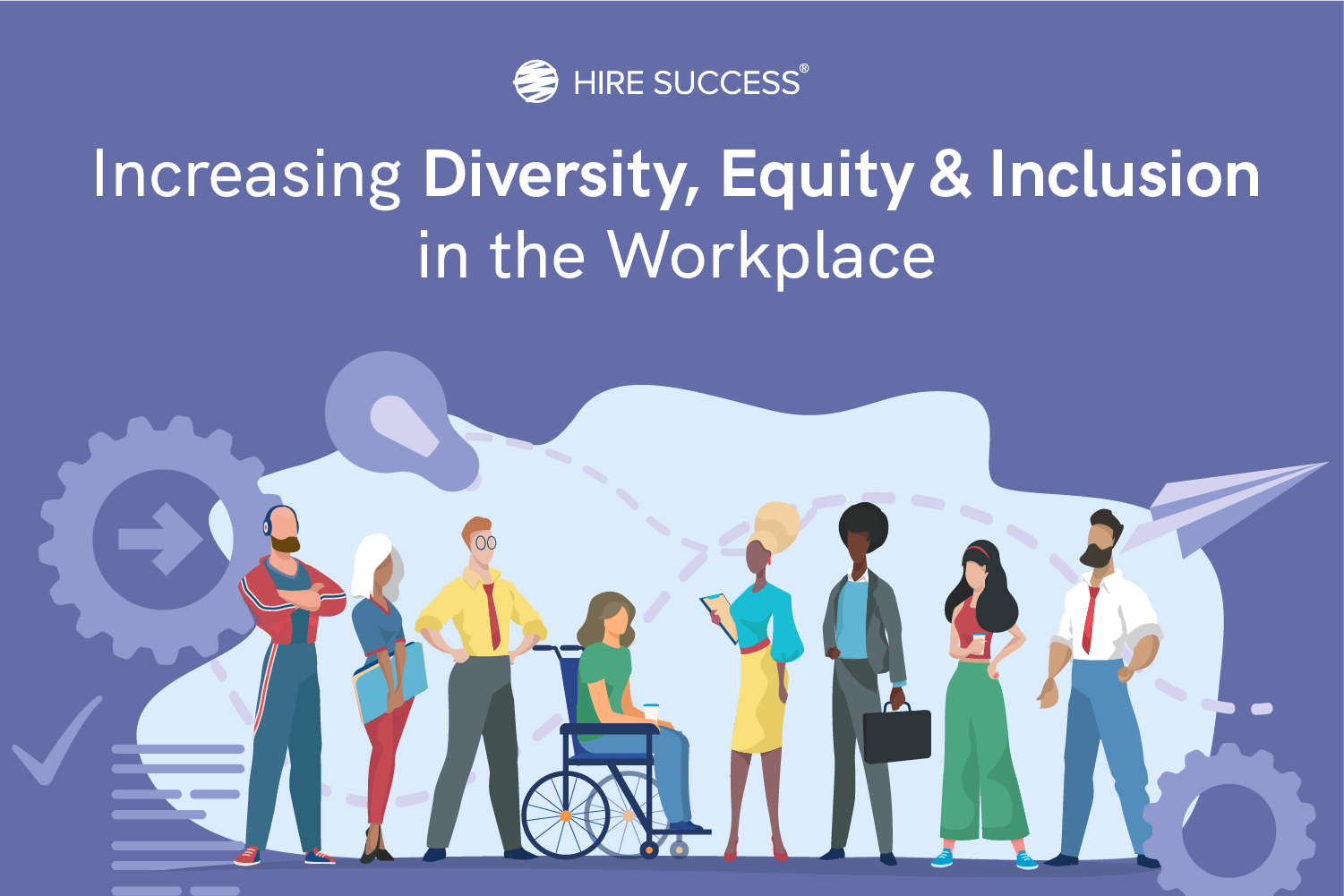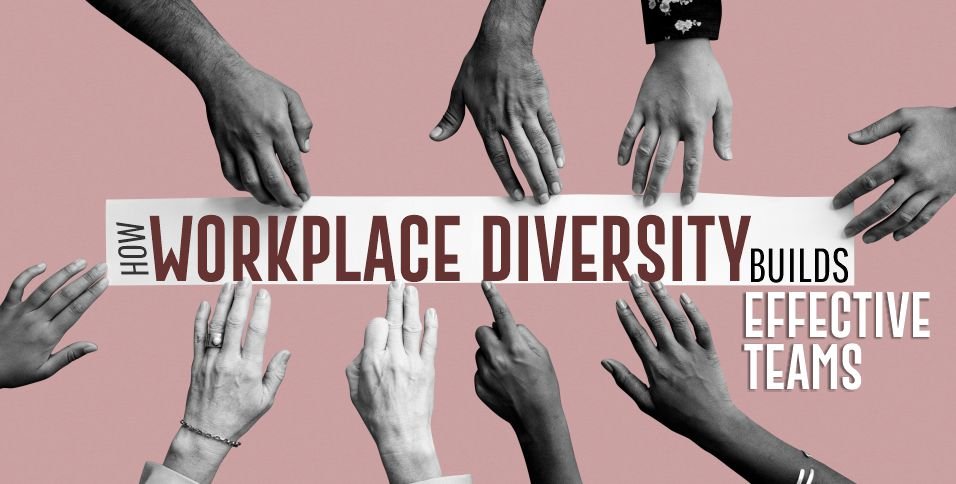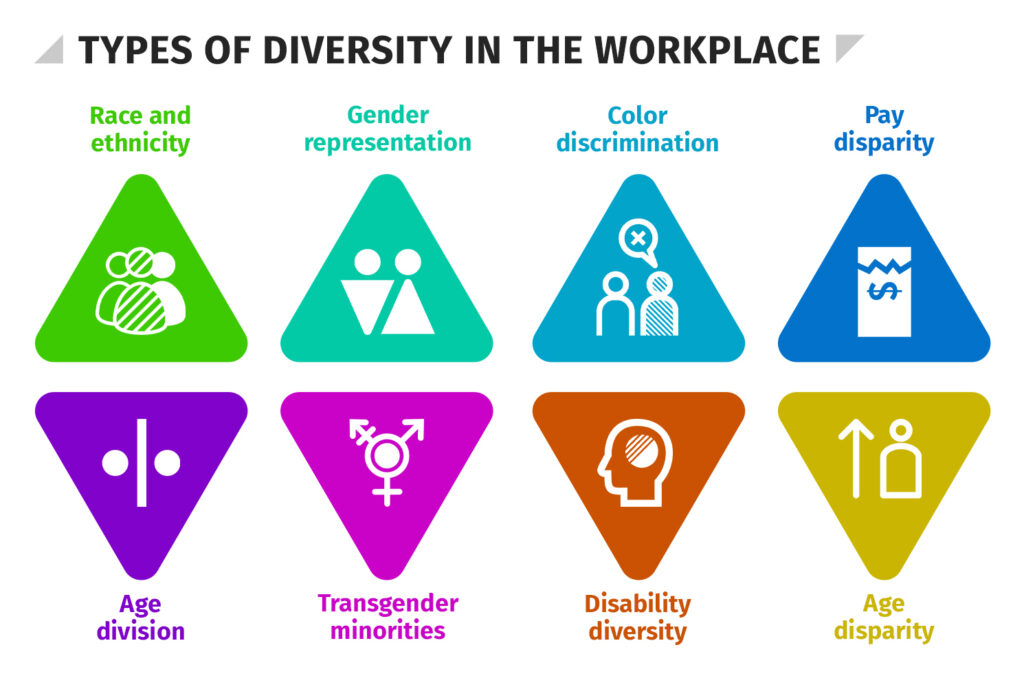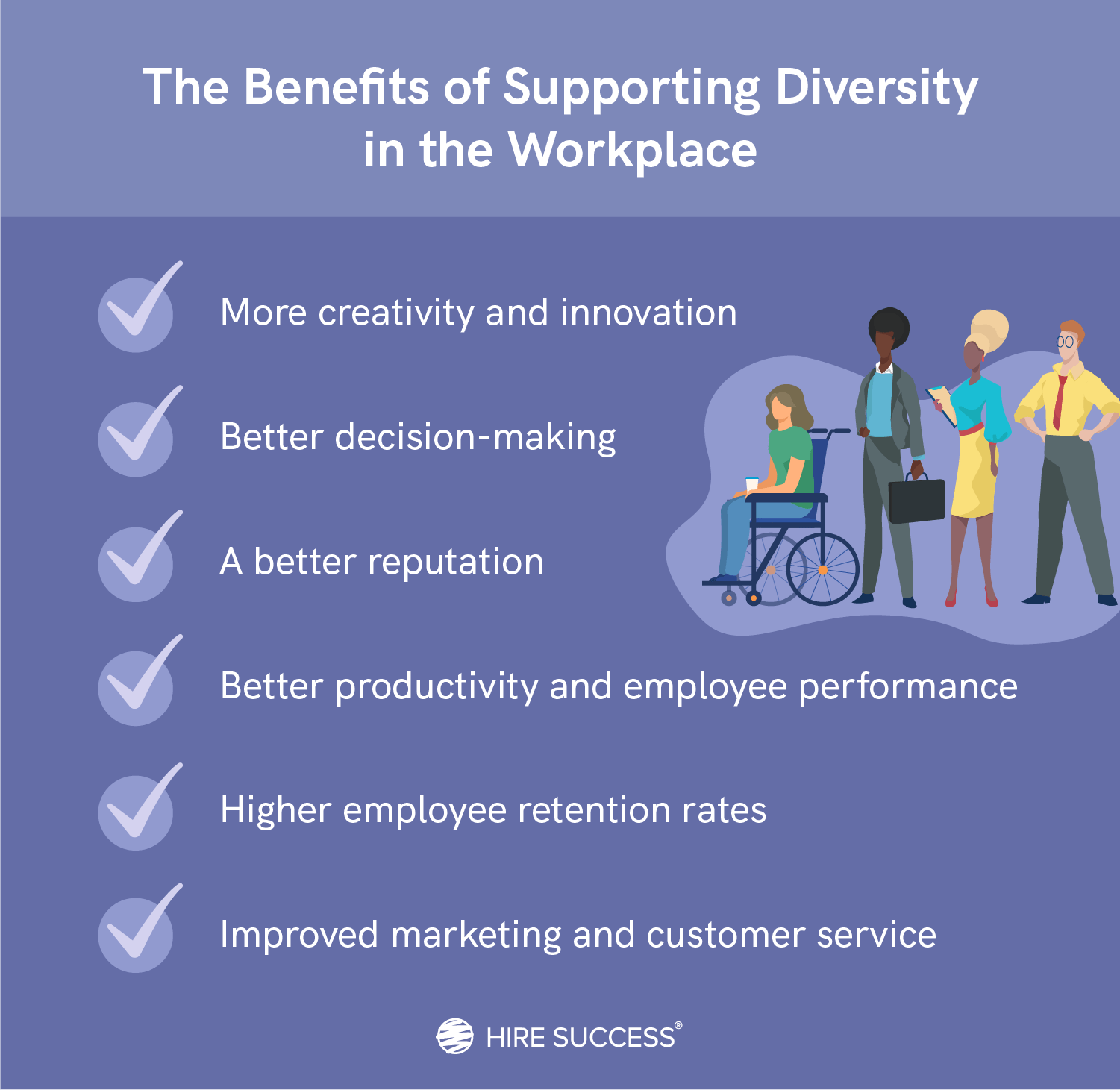Ideas To Increase Diversity In The Workplace

In an increasingly globalized world, fostering diversity within the workplace has become not just a moral imperative, but also a strategic advantage for organizations. Companies are actively exploring and implementing various strategies to cultivate a more inclusive and representative workforce.
This article examines some of the innovative approaches being adopted to increase diversity, focusing on key initiatives and their potential impact on both businesses and society. These initiatives span recruitment, retention, and promotion practices.
Rethinking Recruitment Strategies
One of the primary areas of focus is transforming recruitment processes. Traditional methods often perpetuate existing biases, hindering efforts to attract a diverse pool of candidates.
Many companies are now implementing blind resume screening, where identifying information is removed to focus solely on qualifications and experience. This helps to mitigate unconscious biases that may influence hiring decisions.
Additionally, organizations are expanding their recruitment efforts to target underrepresented communities. LinkedIn and other platforms are used to reach out to specific demographic groups and promote opportunities within the company.
Expanding the Talent Pipeline
Building partnerships with Historically Black Colleges and Universities (HBCUs) and other minority-serving institutions is another crucial strategy. These partnerships provide access to a wider range of qualified candidates and support the development of future talent.
Google, for instance, has invested significantly in programs that support computer science education at HBCUs, creating a pipeline of diverse talent for their engineering roles.
Furthermore, companies are actively participating in career fairs and networking events specifically geared towards underrepresented groups. This allows them to directly connect with potential candidates and showcase their commitment to diversity.
Cultivating an Inclusive Workplace Culture
Recruiting diverse talent is only the first step; creating an inclusive workplace culture is essential for retention and advancement. An inclusive environment ensures that all employees feel valued, respected, and empowered to contribute their best work.
Employee Resource Groups (ERGs) play a vital role in fostering inclusivity. These groups provide a platform for employees from diverse backgrounds to connect, share experiences, and advocate for change within the organization.
Many companies offer diversity and inclusion training programs for all employees. These programs aim to raise awareness of unconscious biases, promote cultural sensitivity, and equip individuals with the tools to create a more inclusive environment.
Mentorship and Sponsorship Programs
Mentorship and sponsorship programs are also critical for supporting the career development of underrepresented employees. These programs provide guidance, support, and opportunities for advancement that may not otherwise be accessible.
Mentorship focuses on providing guidance and support, while sponsorship involves actively advocating for the mentee's career progression. Research suggests that sponsorship is particularly effective in helping underrepresented employees break through barriers and achieve leadership positions.
Organizations like Accenture have implemented robust sponsorship programs that have resulted in significant increases in the representation of women and minorities in leadership roles.
The Impact on Businesses and Society
Increasing diversity in the workplace has far-reaching benefits. Studies have consistently shown that diverse teams are more innovative, creative, and effective at problem-solving. Diverse perspectives lead to better decision-making and a greater understanding of customer needs.
A more diverse workforce also enhances a company's reputation and brand image. Consumers are increasingly drawn to companies that demonstrate a commitment to diversity and inclusion, leading to increased customer loyalty and market share.
Beyond the business benefits, fostering diversity in the workplace contributes to a more equitable and just society. By providing opportunities for individuals from all backgrounds to succeed, organizations can help to reduce inequality and promote social mobility.
While progress has been made, there is still much work to be done. Continuous effort and commitment are needed to overcome systemic barriers and create workplaces that truly reflect the diversity of the communities they serve. The move towards embracing diversity in the workplace will continue to grow.
